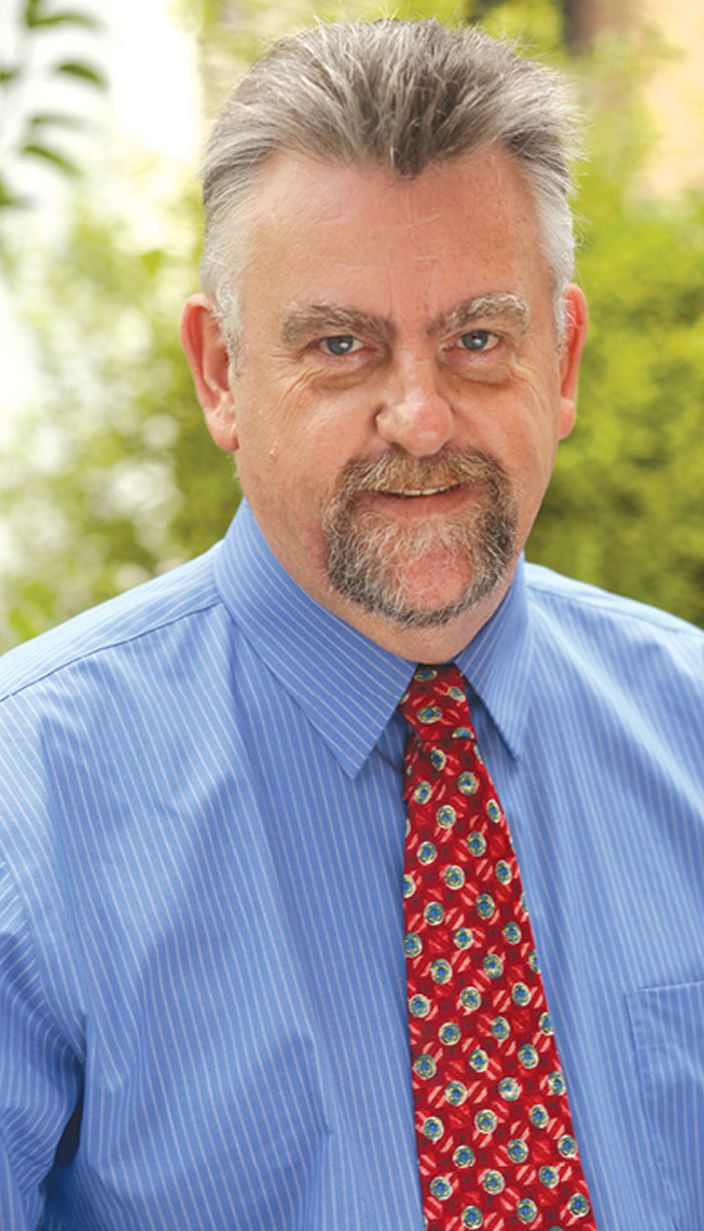
The Union agenda for the year ahead is as ambitious as it is comprehensive. Our most immediate undertaking is to secure an enterprise agreement for teachers and support staff in the 11 Catholic dioceses across NSW and the ACT. Bargaining towards this commenced late in 2016. There is still a significant way to go before we can reach a position which we are prepared to recommend to members.
Pivotal to concluding any settlement with Catholic employers will be achieving significant agreement to improvements to working conditions regulated through the enterprise agreement itself, and through the various work practices documents which certify arrangements at diocesan level. These advances are key elements of the IEU claim endorsed by Union Council and by chapters throughout NSW and the ACT.
Teachers in the public sector have returned to work this year already in receipt of a 2.5% salary increase and we will be seeking a timely, successful conclusion to negotiations to deliver similar increases to our members.
NSW will commence the school year with new ministers for education and early childhood education. The ACT appointed a new education minister midway through Term 4. These are significant developments, particularly for teachers in NSW, as the previous minister had made massive alterations to the regulatory arrangements by abolishing BOSTES and replacing it with the NSW Education Standards Authority (NESA) on 1 January.
The new authority is far less representative of teachers and their issues, much less democratic and has little legislative requirement to consult with stakeholders. The recent legislation provides that all significant positions are ministerial appointments and the outgoing minister had not completed those appointments. That task now falls to a minister with no experience in the portfolio and no knowledge of or relationship with key stakeholders such as the IEU.
Since the end of Term 4 officers of the BOSTES (now NESA) have taken advantage of the absence of a Quality Teaching Council (abolished by current legislation and replaced with an as yet not appointed Quality Teaching Committee) to substantially rewrite policy and remove practicing teachers even further from any governance of their profession. The approval of PD providers, formally the responsibility of the QTC, has been vested by the authority to itself.
The Union will, as a matter of urgency, be seeking a meeting with the new CEO of NESA to raise a number of serious concerns and to pursue answers to outstanding questions. We will be meeting with the ACT education minister in the first week of Term 1 to address a number of issues on behalf of our ACT members. Chief among these is the delayed review of the ACT Teacher Quality Institute Act.
These are matters relating to the registration and accreditation of teachers and to the ownership of the teaching profession. They come at a time when around 50% of the teaching force (the pre 2004 component) is on the cusp of becoming accredited from 1 January 2018. A key component of our PD program this year is to ensure these members are all accredited seamlessly and to provide advice and information regarding the accreditation process and requirements to maintain accreditation.
The Union will provide our early childhood members who were accredited en masse mid last year with even greater access to registered PD to ensure easy opportunities for them to comply with maintenance requirements.
There remain a number of workplaces not yet covered by enterprise agreements or where those agreements have expired or are near to expiry. This too forms part of our agenda for the year. As always the Union is looking to better service its members and to grow its density, particularly in schools and in early childhood centres. There can be no doubt that the better deals are achieved where there is strength in numbers.







































































































































